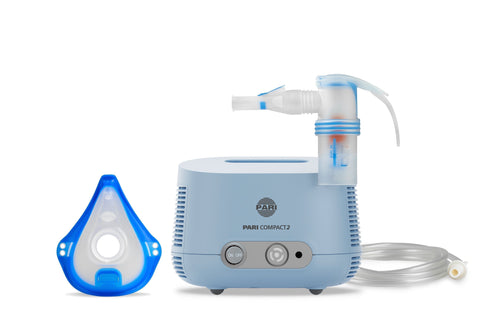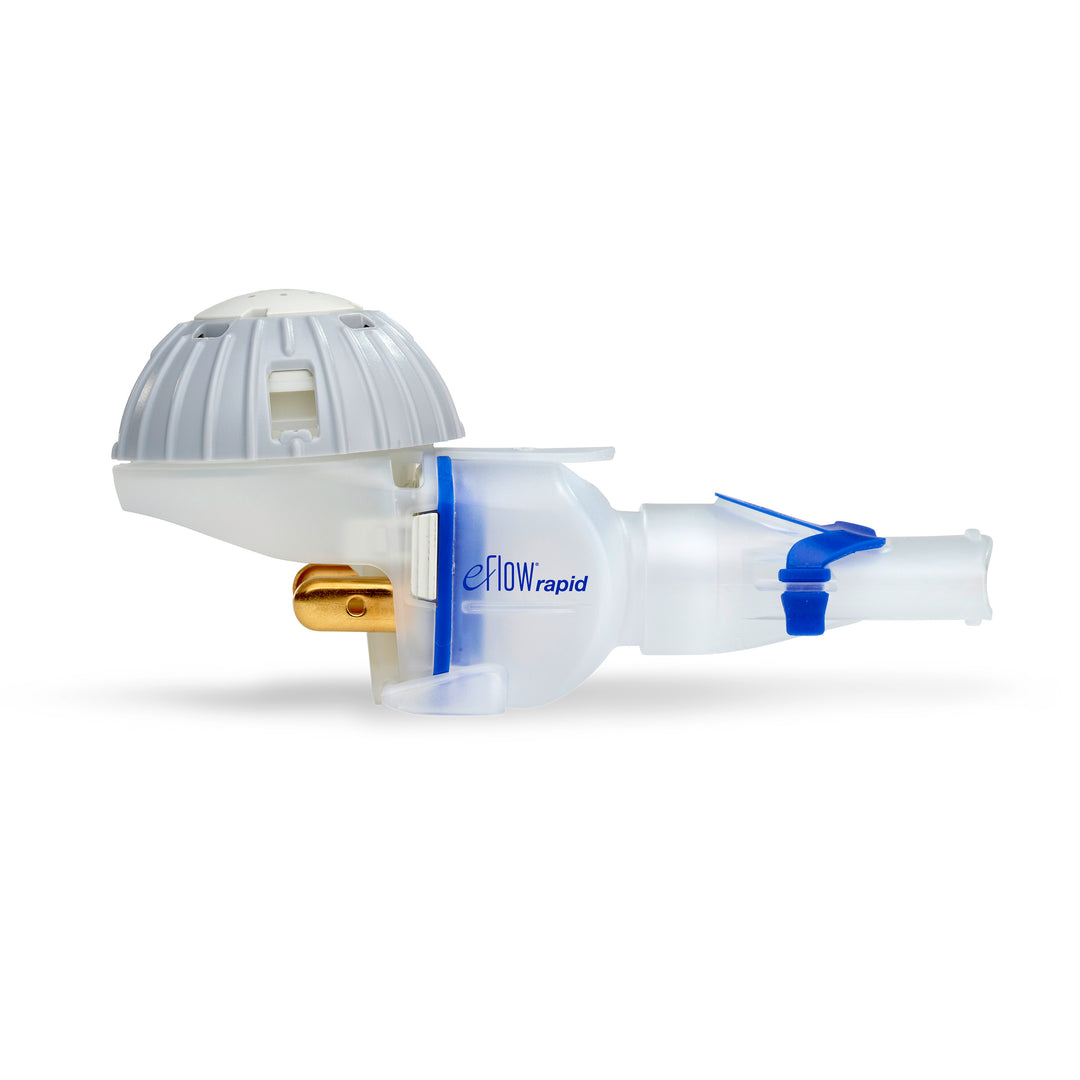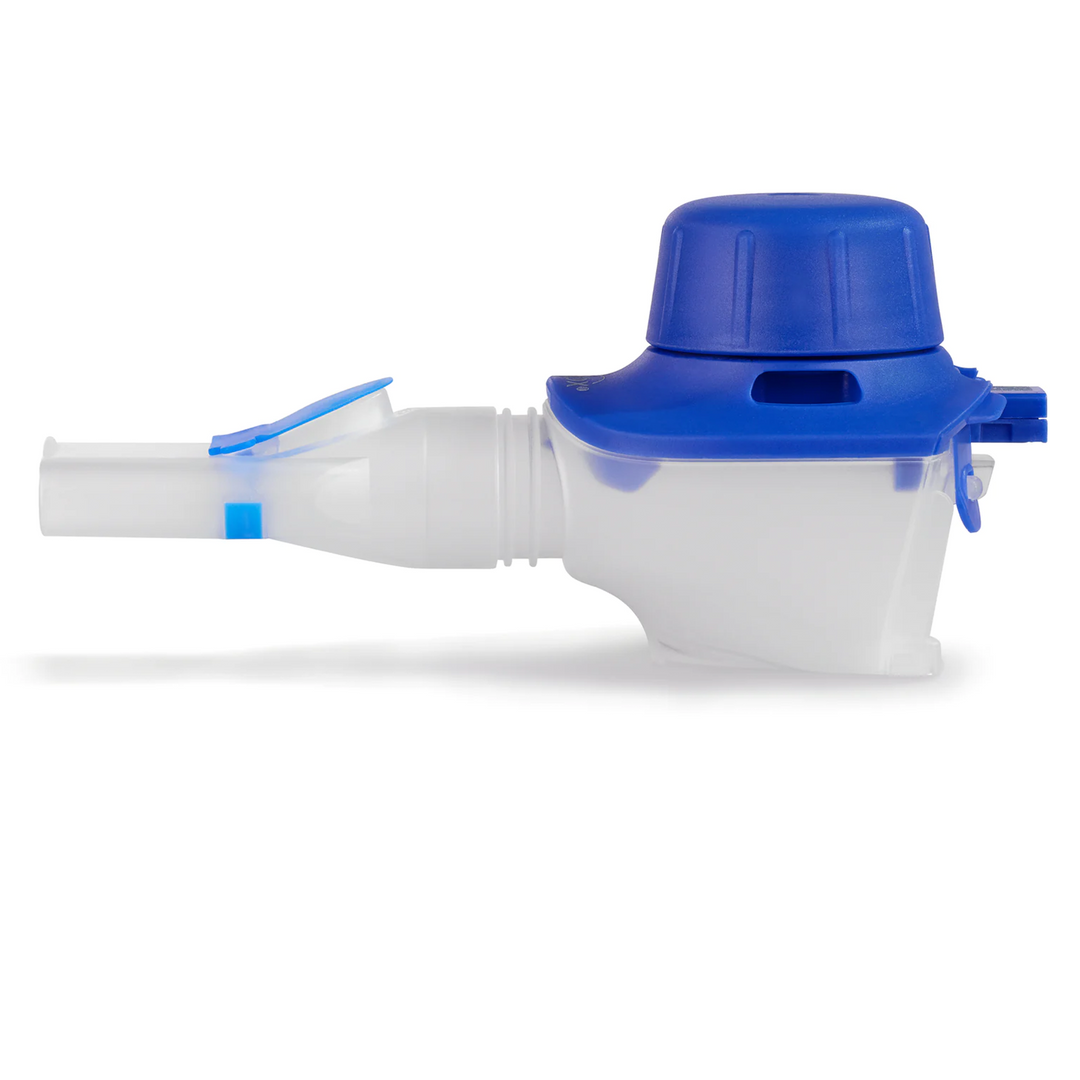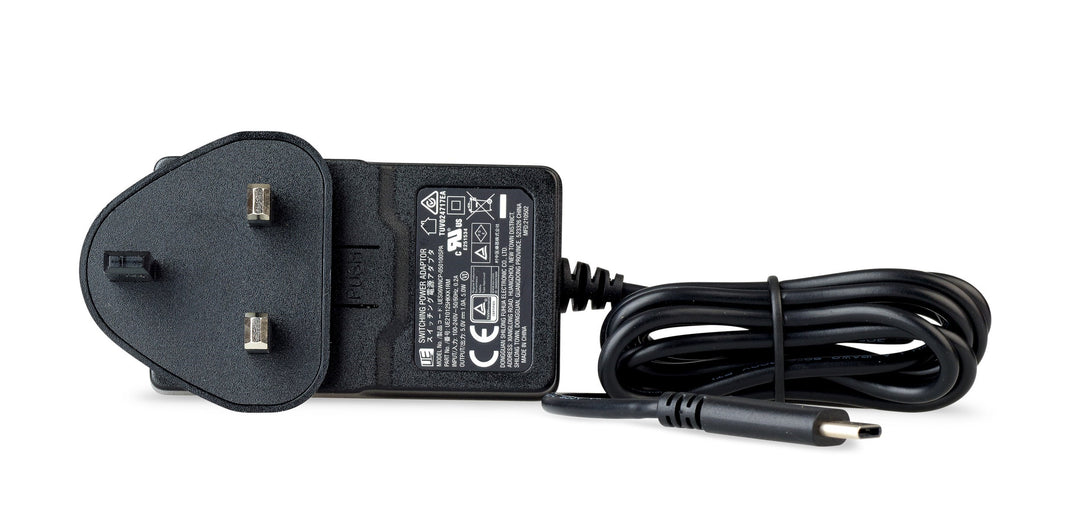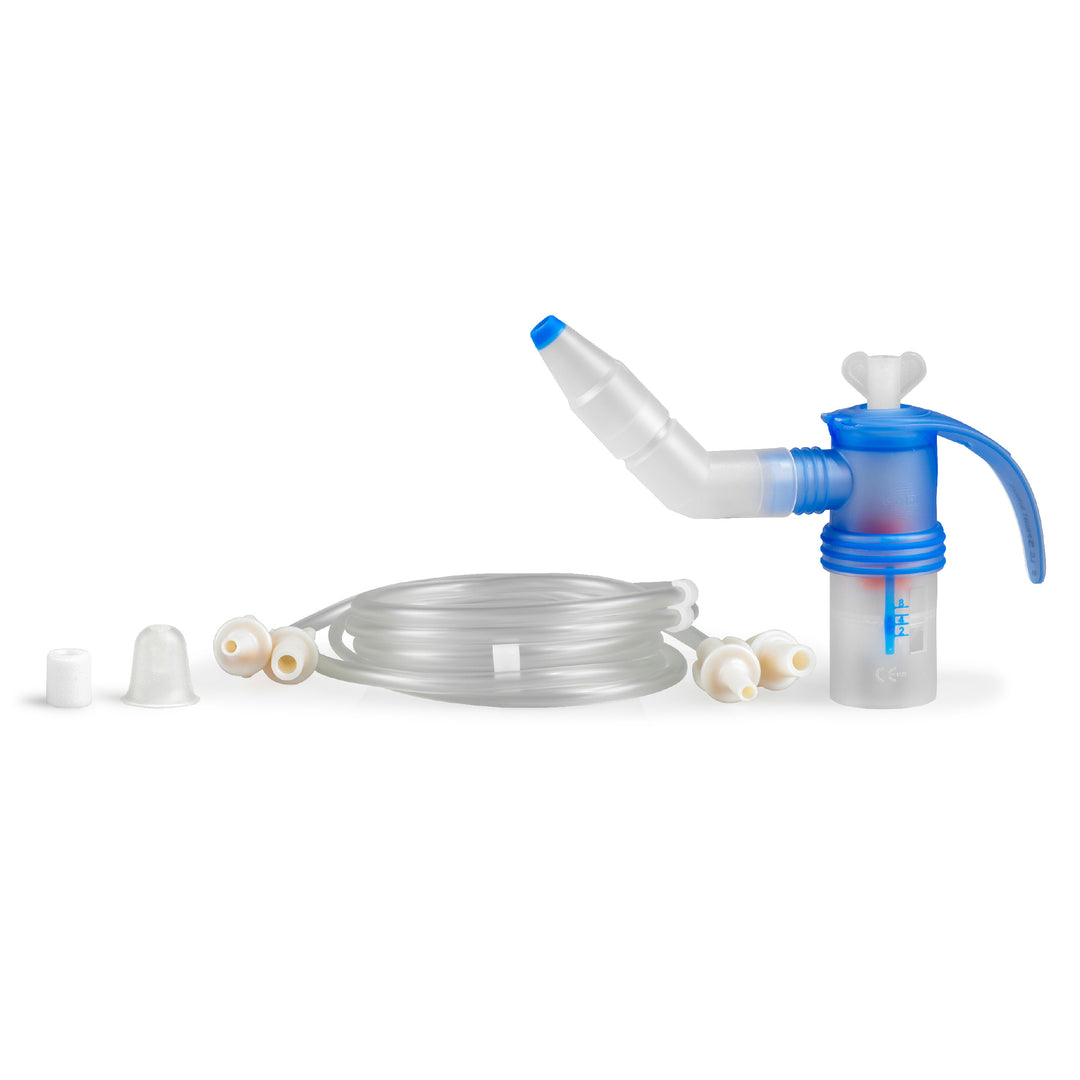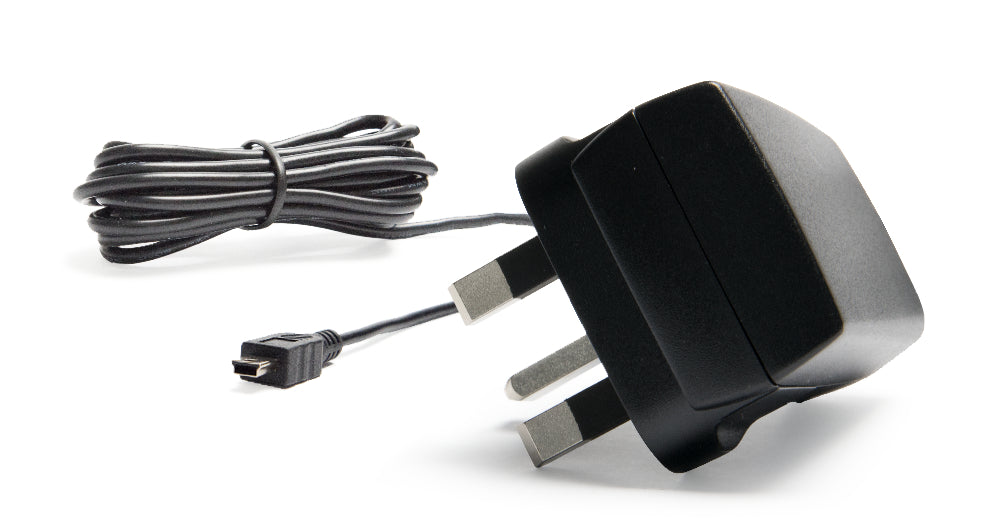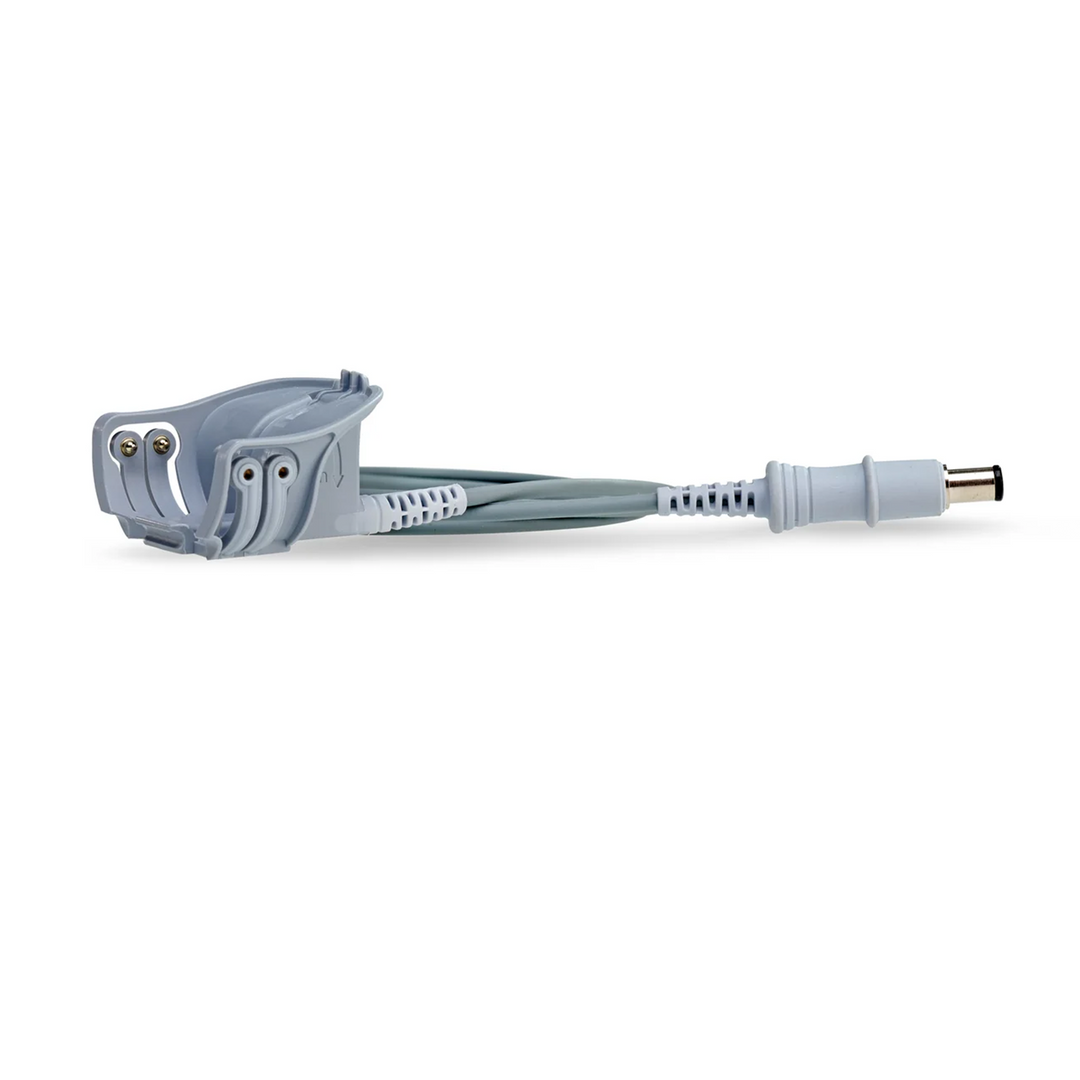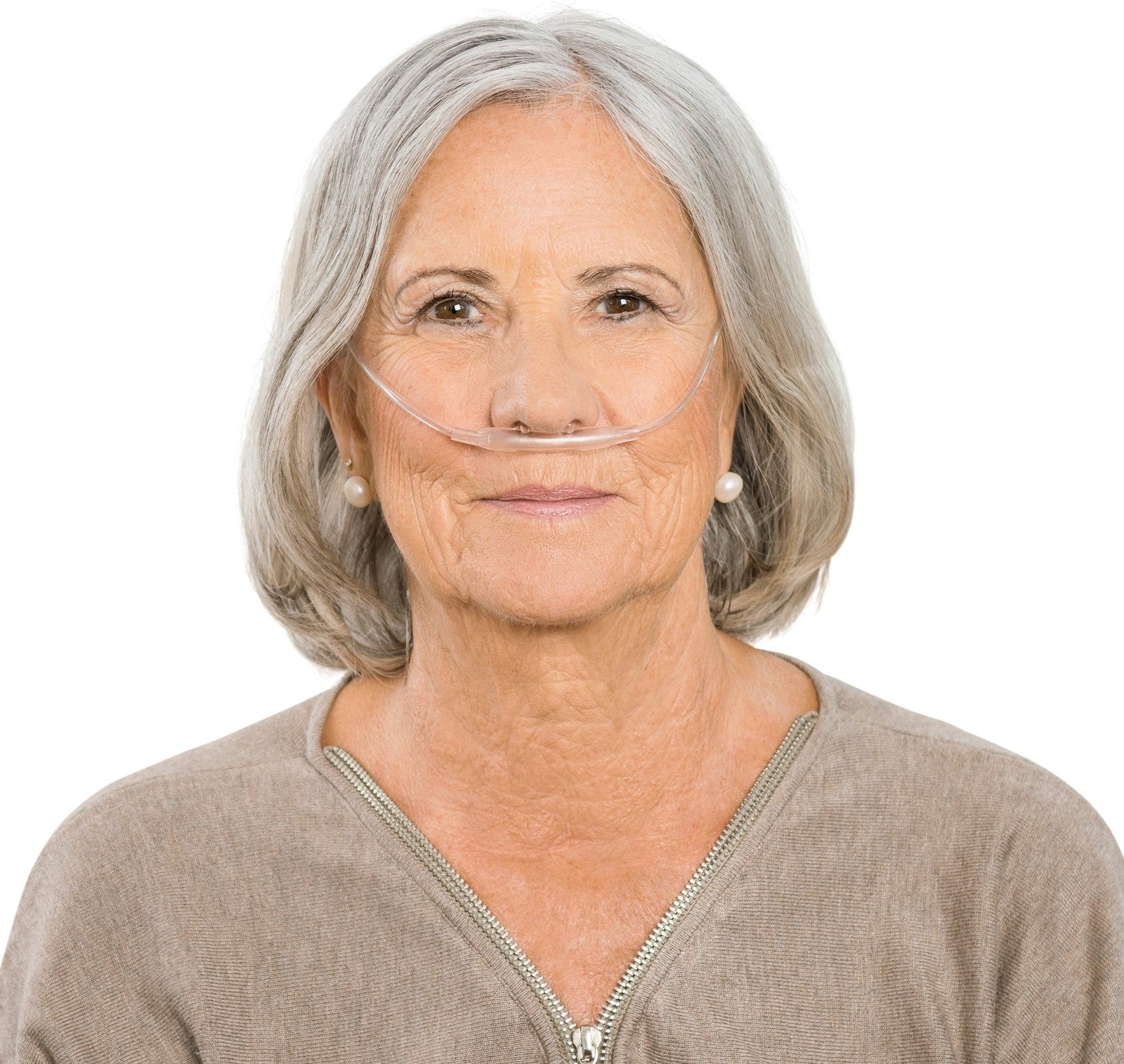
Understanding Pulmonary Fibrosis: Spotlight on the condition during Pulmonary Fibrosis Awareness Month
September marks Pulmonary Fibrosis Awareness Month, a time dedicated to raising awareness about a complex and often misunderstood lung condition that affects millions worldwide. Pulmonary fibrosis is a chronic and progressive disease that can significantly impact a person's quality of life. In this blog, we will delve into what pulmonary fibrosis is, its causes, symptoms, and available treatment options, with the aim of increasing understanding for those affected by this condition.
What is Pulmonary Fibrosis? Pulmonary fibrosis is a condition characterized by the scarring and stiffening of lung tissue, which hampers the lungs' ability to function properly. The term "pulmonary" refers to the lungs, while "fibrosis" refers to the formation of excessive scar tissue. Over time, the scar tissue accumulates and replaces healthy lung tissue, leading to difficulties in breathing and reduced oxygen exchange.
Causes and Risk Factors: The exact cause of pulmonary fibrosis isn't always clear, but it can develop due to various factors:
- Idiopathic Pulmonary Fibrosis (IPF): In many cases, the cause is unknown, and this is referred to as idiopathic pulmonary fibrosis. IPF tends to affect individuals over the age of 50.
- Environmental Factors: Prolonged exposure to substances like asbestos, silica dust, coal dust, and certain chemicals can contribute to the development of pulmonary fibrosis.
- Connective Tissue Diseases: Conditions like rheumatoid arthritis, lupus, and scleroderma are associated with an increased risk of developing pulmonary fibrosis.
- Genetics: Some genetic mutations can make individuals more susceptible to pulmonary fibrosis.
- Medications: Certain medications, such as chemotherapy drugs and some antibiotics, can damage lung tissue and lead to fibrosis.
Symptoms: The symptoms of pulmonary fibrosis can be subtle at first and worsen over time. They may include:
- Shortness of breath, especially during physical activity.
- A persistent dry cough.
- Fatigue and weakness.
- Gradual weight loss.
- Chest discomfort or pain.
- Clubbing of the fingertips (enlargement of the fingertips and nails).
Treatment Options: While there is currently no cure for pulmonary fibrosis, several treatment options are available to manage the condition and improve quality of life:
- Medications: Corticosteroids and immune-suppressing drugs may help reduce inflammation and slow the progression of fibrosis.
- Oxygen Therapy: Supplemental oxygen can improve oxygen levels in the blood, making breathing easier.
- Pulmonary Rehabilitation: This involves exercises, breathing techniques, and education to help individuals manage their symptoms and improve their lung function.
- Lung Transplant: In severe cases, a lung transplant may be considered for individuals who meet certain criteria.
- Self Care: Managing symptoms and improving overall well-being through a balanced diet, staying hydrated, and avoiding smoking and environmental triggers.
Raising Awareness and Providing Support: Pulmonary Fibrosis Awareness Month serves as a platform to educate about this condition and to support those living with it. Increasing awareness can lead to earlier diagnoses, more research funding, and improved patient care.
There are organisations out there to support people with Pulmonary Fibrosis, such as The Pulmonary Fibrosis Trust and Action for Pulmonary Fibrosis. Both these organisations offer support for people affected and help to raise awareness:
The Pulmonary Fibrosis Trust aims to provide personal support to people affected by Pulmonary Fibrosis by offering practical, emotional and financial support where there is a need, and also raising awareness of the illness - in particular the challenges people face on a daily basis. They support all those affected by pulmonary fibrosis, whether a sufferer or have a loved one with pulmonary fibrosis. For more information visit Pulmonary Fibrosis Trust – Every breath matters
Action for Pulmonary Fibrosis is a patient-driven charity that works on supporting people affected by pulmonary fibrosis, raising awareness, funding research, and improving access to the highest quality care through campaigning and education. For more information visit www.actionpf.org


